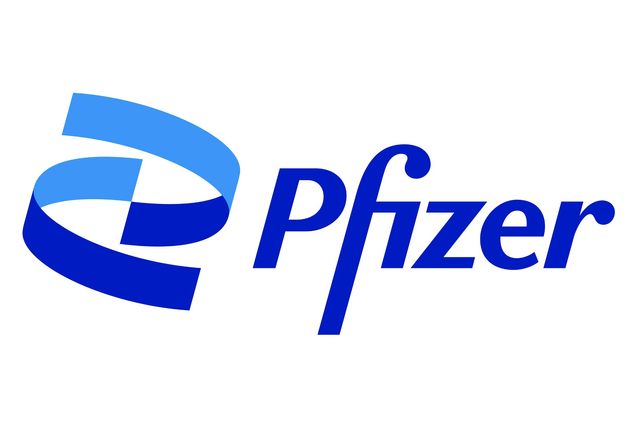Pfizer – Antimicrobial Access Programs


Health needs
At Pfizer we believe that access to quality healthcare and the opportunity to lead healthy lives is an extremely important social goal. The power and value of collaboration between public and private organizations in achieving that goal cannot be overstated.
Initiative’s objective
The programs aim to offer access to antibiotics for the treatment of trachoma and to also provide training for the diagnosis and treatment of cryptococcal meningitis and esophageal candidiasis.
Initiative’s description
The International Trachoma Initiative: Since 1998 Pfizer has donated 500 million doses of azithromycin to the International Trachoma Initiative (ITI), a part of the Alliance for the Global Elimination of Trachoma by 2020 (GET 2020), to help in the fight against blinding trachoma. This Alliance is a unique collaboration of more than 100 governments, non-governmental organizations (NGOs) and private sector partners implementing a WHO-recommended strategy called “SAFE” that combines:
- Surgery to treat the blinding stage of the disease,
- Antibiotics to treat infection,
- Facial cleanliness to help reduce transmission, and
- Environmental improvement, particularly improving access to water and sanitation.
The Diflucan Partnership: First launched in South Africa in 2000, the Diflucan Partnership Program started as a 2-year program but was later expanded to developing countries across the globe. From providing face-to-face training and distributing program materials to healthcare professionals to help improve patient management and medicine distribution, to developing online training modules to support the diagnosis and treatment of cryptococcal meningitis and esophageal candidiasis; prevention treatment of AIDS-related opportunistic infection is often a crucial part of care for people living with HIV and AIDS.
Since 2000, the Diflucan Partnership Program has donated over 106 million fluconazole treatments with a total value of more than $1.8 billion to more than 6,000 sites in 63 countries across Africa, Asia, the Caribbean, and Latin America.
